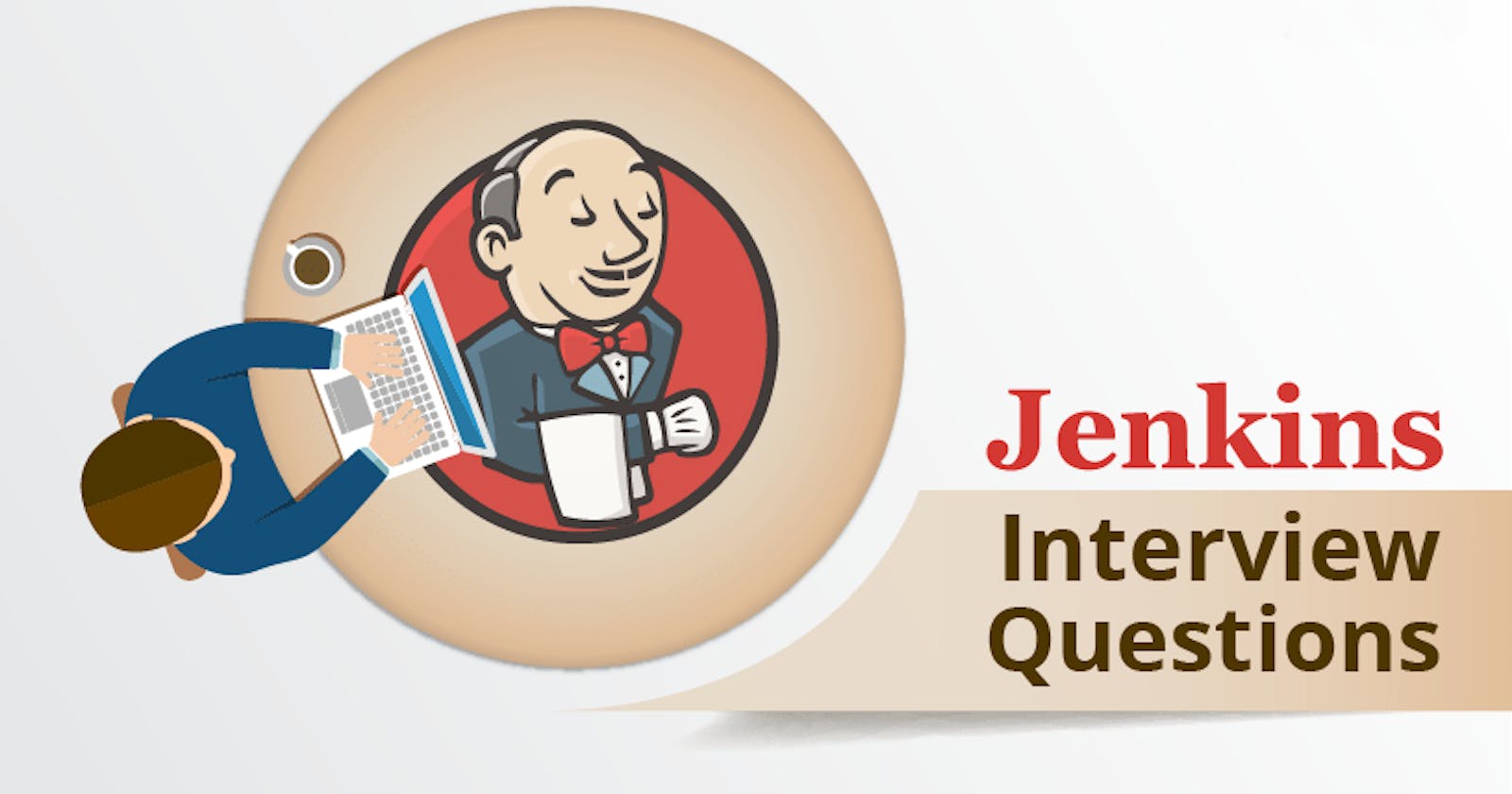Jenkins Interview
Here are some Jenkins-specific questions related to Docker that one can use during a DevOps Engineer interview:
Questions 🤔
What’s the difference between continuous integration, continuous delivery, and continuous deployment? 🔄
Continuous Integration (CI) is the practice of automating the integration of code changes from multiple developers into a single codebase.
Continuous Delivery (CD) ensures that code can be safely released to production at any time.
Continuous Deployment (CD) takes CD further by automatically deploying every change that passes through the pipeline to production.
Benefits of CI/CD? 🚀
🚀 Faster time to market
🔄 Reduced risk of bugs
💻 More frequent releases
🛠️ Streamlined development process
What is meant by CI-CD? 🤹♂️
CI/CD stands for Continuous Integration/Continuous Deployment. It's a set of practices and principles used to automate the software delivery process.
What is Jenkins Pipeline? 🛠️
Jenkins Pipeline is a suite of plugins that allow you to define delivery pipelines as code, enabling you to model your process the same way you model your application code.
How do you configure the job in Jenkins? ⚙️
In Jenkins, you can configure a job by defining its name, selecting the appropriate project type, specifying source code management, defining build triggers, adding build steps, and configuring post-build actions.
Where do you find errors in Jenkins? ❓
Errors in Jenkins can be found in the Console Output section of the job's build page. Additionally, Jenkins logs can provide detailed information about errors encountered during job execution.
In Jenkins, how can you find log files? 📝
Log files in Jenkins can be accessed through the build history section of the Jenkins UI, where you can view and download logs for each build. 📝
Jenkins workflow and write a script for this workflow? 💻
Jenkins Workflow is a set of plugins that allow you to define complex build pipelines. Here's a basic script example:
pipeline { agent any stages { stage('Build') { steps { // Build your application here } } stage('Test') { steps { // Test your application here } } stage('Deploy') { steps { // Deploy your application here } } } }How to create continuous deployment in Jenkins? 🚀
Continuous deployment in Jenkins involves setting up automated deployment pipelines where code changes are automatically deployed to production after passing through all testing stages. 🚀
How do you build a job in Jenkins? 🔨
To build a job in Jenkins, navigate to the job's configuration page, specify build parameters and actions, and then trigger the build manually or through configured triggers. 🔨
Why do we use pipelines in Jenkins? 🌊
Pipelines in Jenkins provide a structured way to define and manage the entire software delivery process as code, enabling repeatability, consistency, and automation. 🌊
Is Only Jenkins enough for automation? 🤖
Jenkins is a powerful automation server but may need to be complemented with other tools for complete automation, depending on the specific requirements of the organization. 🤖
How will you handle secrets? 🔒
Secrets in Jenkins can be managed using plugins like Jenkins Credentials Plugin or by integrating with secret management solutions such as HashiCorp Vault or AWS Secrets Manager. 🔒
Explain different stages in CI-CD setup. 📊
CI/CD setup typically includes stages like build, test, deploy to staging, deploy to production, and post-deployment checks, each representing a distinct phase in the software delivery pipeline. 📊
Name some of the plugins in Jenkins? 📦
Some popular Jenkins plugins include Git plugin, Docker plugin, Pipeline plugin, Maven plugin, AWS plugin, Slack plugin, and SonarQube plugin. 📦
Happy Learning! 🎉📘
